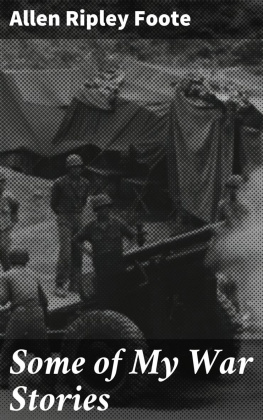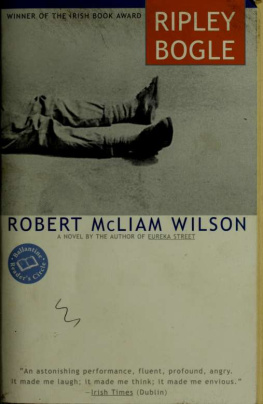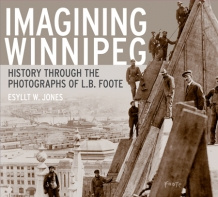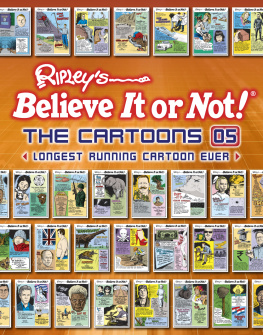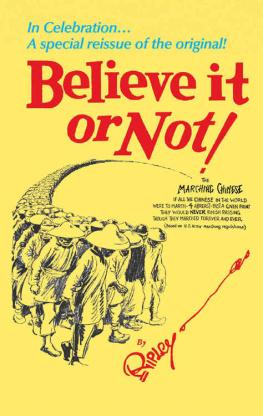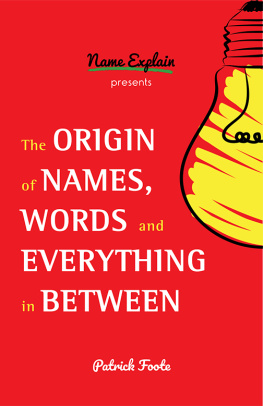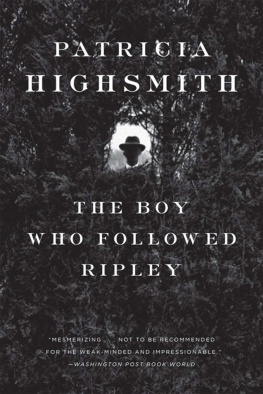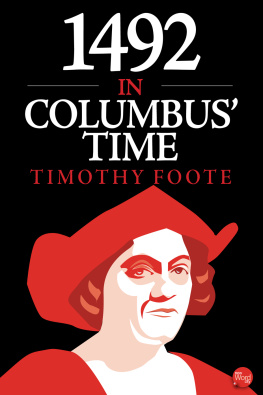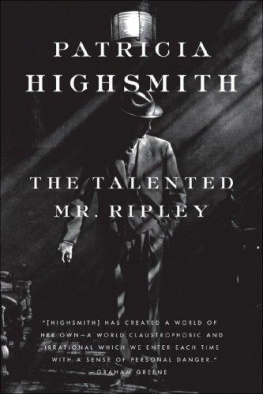Read before the Commandery of the State of Ohio, Military Order of the Loyal Legion of the United States. Stated meeting, Cincinnati, Wednesday evening, October 1, 1913.

hen, in 1861, President Lincoln called for 75,000 volunteers to enlist for a three months service to uphold the authority and preserve the unity of the United States, I, a boy of nineteen, sought the first opportunity that offered, to enlist. I was at the door of the recruiting office long before it opened.
Dr. D. W. Bliss, who afterward became a famous army surgeon and was one of the surgeons who attended Presidents Lincoln and Garfield, gave me the required physical examination. When measuring my height he saidRaise your heels, you are a little short.
Before my regiment was mustered in, the call came for 300,000 volunteers to enlist for a three-years service, and we were mustered in for three years.
My regiment was ordered to Washington as soon as it was ready to move. Clad in grey uniforms and armed with old muzzle-loading Harpers Ferry muskets, which had been changed from flint locks, we made a valiant appearance and received ovations from the populace of every city and village through which we passed. This is especially true of Ohio. At one station all of the ladies of the town turned out loaded with small bouquets of flowers, to which were pinned slips on which they had written patriotic sentiments. These they threw into the car windows. The sentiment on the one I caught readThe women of Ohio are for the Unionto a man.
Our first camp was at the Maryland end of the Chain Bridge, which crossed the Potomac above Washington. We marched from this camp to Centerville, Va., to engage in the first battle of Bull Run. The first sight we had of war was on the morning of the second days march, when we came upon some camp fires where the Confederates had cooked their breakfast that morning before leaving for Bull Run.
We arrived at Centerville before noon of the third day and made our camp there. After dinner we were ordered to advance, in light marching order, toward Blackburns Ford. When near the Run we were deployed to the left of the road in an open field on a hillside sloping down to the Run, which was concealed by a growth of bushes and trees. Here we were ordered to rest. While in this position we were startled by seeing a finely-mounted and uniformed Confederate Officer ride out from these bushes just at the right of our regiment. I presume every man in the regiment saw him. Some three or four of the boys, having the instinct of war in them, immediately raised their guns to shoot him. Seeing this, our Colonel raised his hand in a forbidding attitude and called outWhy, boys, you would not shoot a man in that way, would you? Dont shoot!! The Confederate Officer, after inspecting our position, returned to his command unharmed. In about fifteen minutes, as soon as he could maneuver his regiment, he ordered it to fire. We saw the flash and smoke and heard the roar and the hissing of the bullets. This is the first time we were under fire. I am glad to say we were under it about 20 feet. Every bullet passed over us. Not a man in our regiment was hit.
After this volley we were complimented with a few shots from a battery of six-pound field pieces, which also went wide of their markassuming that they were shooting at us.
Having received these compliments, we were withdrawn from the field and returned to our camp at Centerville. This was our part in the skirmish of Blackburns Ford, three days before the first battle of Bull Run.
On the next day we were ordered to establish a picket line between Centerville and Bull Run. When marching out from our camp toward the Run, we could see cars loaded with Confederate soldiers as their train crossed the road we were on. When they disembarked and formed in line the glistening of their bright gun barrels gave the impression they were aiming at us. This excited one of our boys terribly. He jumped out into the centre of the road, swinging his hat and yelling as loudly as he possibly couldDont shoot this way!! There are folks in the road!!
These two stories illustrate what we knew at that time about war.
On the night before the battle I was detailed to do guard duty before General Dick Richardsons headquarters. He was occupying a small house. About eleven oclock he came out and asked me if I would be on duty there at three oclock in the morning. I answered Yes. Then he said pointing in the direction of the Stone Bridge, About three oclock in the morning a cannon will be fired over there. When you hear it, call me at once. A great battle will be fought here tomorrow. I needed nothing more to keep me awake that night, nor did the General. He was out two or three times before the alarm gun was fired.
On the day of the first battle of Bull Run, having been on guard duty all night, I was left in camp when my regiment was ordered out. I took advantage of the opportunity to post myself on the Centerville Hill where I could overlook the field of action. Thus it happened that I was on the spot where the Congressional picnic party spread its luncheon. A number of members of Congress, with their ladies, drove out to Centerville from Washington in their carriages to have a picnic and see the battle.
From that position I saw the beginning of the panic when our troops on the right gave way and started for the rear in indescribable disorder. I went to our camp, secured my gun and accoutrements and joined in the stampede. Several times that night, when stopping for a little rest, I, and all about me, was aroused and terrified by the cryThe black horse cavalry are coming! The next morning I was safely back across the Potomac on the old Chain Bridge camping ground, competent to certify that the distance from Washington to Centerville isthree days going, and one night coming back.
As soon as our regiment got together we were ordered to go into camp on the Arlington Flats, south side of the Potomac, opposite Washington. There it was that Abraham Lincoln gave courage and cheer to the army by driving slowly around among the troops in an open carriage, stopping a moment here and there to speak to or take the hand of a private soldier, his face inspired with the solemn grandeur of an awful duty to prosecute the war for the preservation of the Union to a successful conclusion, or the bitter end. I see his face now, colored and featured as can never be done by brush or chisel. It inspires me now, as it did then, with a resolve such as every soldier in that army felt as he looked upon Lincolns face that daya resolve unformed in words but possessing my lifealways to do my duty for the cause of human rights and human welfare on every occasion and in every way, as God gives me light to see it and power to do it.
In the spring of 1862 my regiment was transported from Alexandria, Va., to Hampton Roads, when the Army of the Potomac changed its base to start its march On to Richmond from Old Point Comfort. We soon appeared before the Confederate fortifications at Yorktown. Here we were ordered to dig. When the digging was done the Confederate forces abandoned their fortifications and marched to Richmond. We followed closely. Their rear guard made a stand at Williamsburg, stopping our advance. The battle of Williamsburg was then on. The Confederates had prepared to defend this position by making slashings, digging rifle pits and erecting forts. Fort Magruder covered the main road into Williamsburg. The engagement at this point was brought on by some New Jersey troops. They advanced a battery on this road to a point directly in front of the Fort and very near the rifle pits. Here the battery stuck in the mud, hub deep. It could not be moved further nor brought back. During the day it was captured and recaptured several times.

 hen, in 1861, President Lincoln called for 75,000 volunteers to enlist for a three months service to uphold the authority and preserve the unity of the United States, I, a boy of nineteen, sought the first opportunity that offered, to enlist. I was at the door of the recruiting office long before it opened.
hen, in 1861, President Lincoln called for 75,000 volunteers to enlist for a three months service to uphold the authority and preserve the unity of the United States, I, a boy of nineteen, sought the first opportunity that offered, to enlist. I was at the door of the recruiting office long before it opened.
